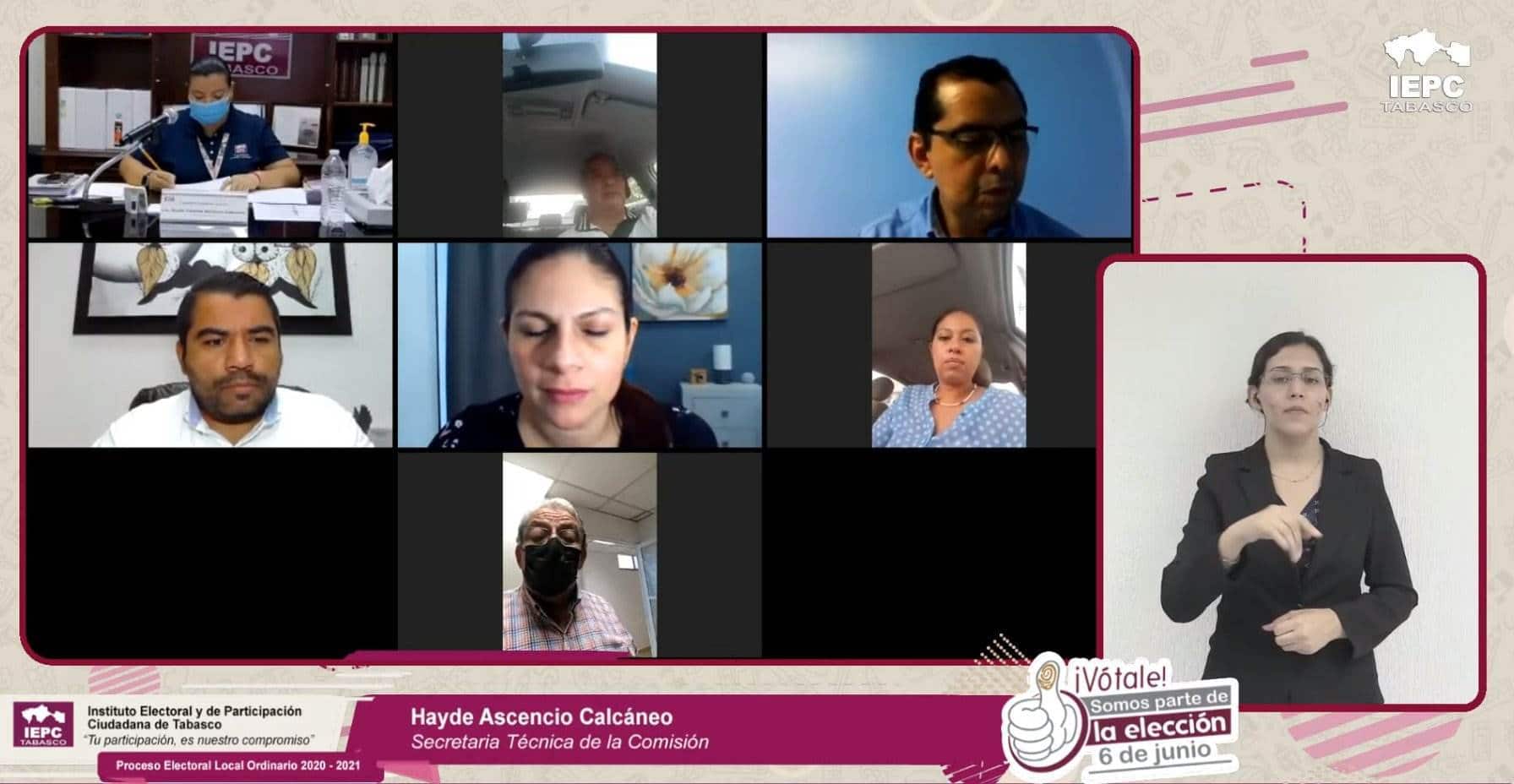According to Éric Dupond-Moretti, the French are wary of their justice because they do not know it well. To remedy this, the Minister of Justice wants to change the law so that the trials can be broadcast on television.
–
–
S
If you ask in the street what a president of the Assize Court is called, you have lots of people who will tell you “your honor” ”, as in American TV series, assured Éric Dupond-Moretti at the beginning of March. The Minister therefore wants to do the work of “Pedagogy”, take the French ” by the hand “ to take them to the courtrooms, “Show them how it works”.
This is the meaning of the first article of his bill “for confidence in the judicial institution”, presented to the Council of Ministers on Tuesday, which amends the law on the press. Sound and audiovisual recordings, now strictly prohibited at the opening of the hearing, could be authorized “For reasons of public interest with a view to its dissemination”. ” A good idea “, recognizes the Syndicat de la Magistrature. “We completely hear this criticism addressed to the judicial authority”
: matter “Complex”, the vocabulary « inaudible », says Sarah Massoud, national secretary. “But we are skeptical about how it will be declined”, the device would have “Deserved an experiment”.
“I’m afraid of voyeurism, let us come and get the crunchy” Caroline Nisand, prosecutor of Évry
“The public interest” is a notion « hyper large », worries for his part Ludovic Friat, general secretary of the Union Syndicale de la Magistrature. “The risk is that it is at the discretion of the minister”, the current one or another, “Who can make it a tool for political communication”.
The Ministry of Justice will not spend a euro
On the Chancellery side, it is argued that the selection of hearings that will be broadcast on television (assize courts, correctional courts, but also civil hearings, such as divorce proceedings) will be done with the courts. As for the cost, it will be borne by the broadcaster, “The ministry of justice will not spend a euro”, promet-on.
The preferred track for the moment would be that ofa weekly program: a hearing, accompanied by a decryption of magistrate and lawyer. “I want everything but trash”, promises Dupond-Moretti to those, many, who fear a « justice spectacle ».
“I’m afraid of voyeurism, come and get the crunchy”, recognizes Caroline Nisand, prosecutor of Évry, yet in favor of “Justice shows itself”, and that people understand “How hard it is to judge”. “There will surely be drifts … but the benefits will be infinitely more satisfying”, considers him, Denis Salas, president of the French association for the history of justice.
“Nuisance rather than transparency”
Non-public hearings may only be filmed with the agreement of the parties. In open court, on the other hand, those tried will not have the right to oppose the filming, but may ask not to be recognized. Dissemination will only be possible once the case has been finally decided, and for a maximum of five years.
“The strongest, most constructive moments of hearing, those which at a given moment tip a trial »Demand “Absolute serenity”, hammers on his side Me Marie Dosé, great regular of the meetings. Of the “Nuisance rather than transparency”, abounds Virginie Sauvat-Bourland, lawyer in Marseille, who worries as much that the natural is lost, that some self-censor or overplay.
– .

